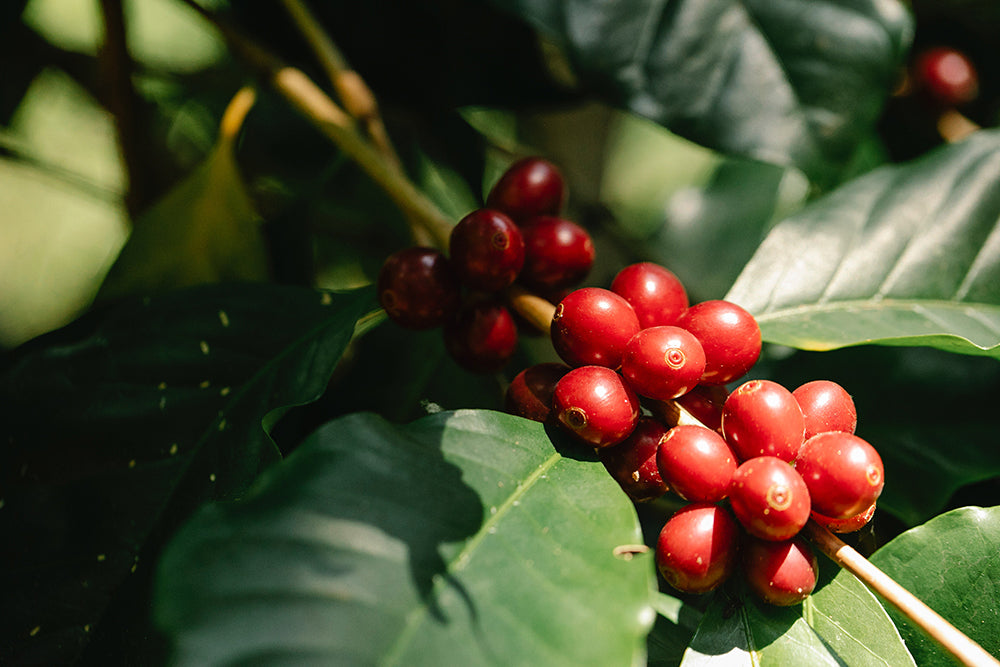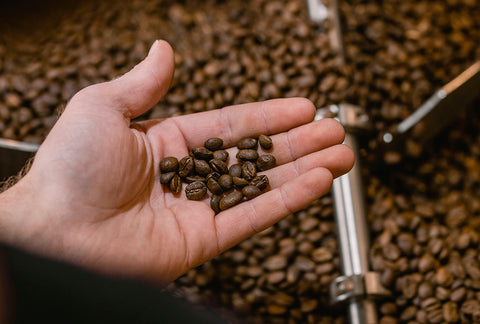
Organic products are on the rise thanks to their health and environmental benefits. Today, when we go to the store, we have a variety of organic products to choose from, making it easier to fill our pantry with natural food items. As we strive to buy more organically, we have to look beyond just our weekly produce and consider one of America’s favorite beverages: coffee. Since many of us drink multiple cups of coffee a day, switching to organic coffee can offer many benefits to both the consumer and the environment.
What Is Organic Coffee?
Organic coffee is produced without any artificial chemical substances, such as additives, pesticides, or herbicides. With conventional coffee considered as one of the most chemically treated foods in the world, organic coffee offers a healthier alternative. Unfortunately, many consumers have never even considered whether coffee is organic, but instead assume that it is.
With such a high demand for coffee around the world, coffee producers have changed their farming methods in order to maximize production. However, this reduces the quality and health benefits that coffee provides. Since organic coffee is not exposed to such chemicals, it contains higher levels of antioxidants, vitamins, and minerals. To better understand how organic coffee compares to conventional coffee, let’s take a look at the key differences.
Organic Coffee vs Conventional

As mentioned, organic coffee is produced without any chemicals or harsh fertilizers. In order to be considered organic, fertilizer must be 100% organic, with the popular choice being coffee pulp, compost, or manure. Aside from being better for our health, it’s also more environmentally sustainable and leaves a smaller carbon footprint. Even more, consumers have reported that organic coffee tastes better than conventional coffee. Although the difference is subtle, many have said that the taste is smoother and more enjoyable.
Coffee production has many valuable factors that complete the process, and every step of the way is important. When it comes to conventional coffee, coffee farmers use chemicals to protect and help enhance their crop. For instance, the weeds that pose a threat to coffee plants must be removed in order for the plant to succeed. How they’re removed, however, is one of the differentiators between organic and conventional coffee. Rather than using natural methods, conventional coffee farmers start the process by fumigating the soil to remove any fungicides; the soil is then fertilized with a chemical fertilizer and maintained with chemicals that are added to the irrigation water.
Another notable difference is the environment in which the coffee is grown. Most organic coffee is grown in shaded areas such as forests, as coffee typically thrives in shaded environments. In an attempt to mass produce, some farmers increase their production by clearing forests. This has created a hybrid coffee variety that can be produced in direct sunlight, but it also means that the environment is paying the price. This leaves many animals without homes, and the lack of natural coverage means that the rain pushes the chemicals from the crop deeper into the soil.
Using harsh chemicals in conventional coffee not only harms the consumer, but the environment and the workers as well. This is because the chemicals used in the growing process can leak into groundwater supplies, subsequently affecting nearby plants, killing wildlife, and polluting drinking water.
Consuming Organic Coffee

Unfortunately, the chemicals that are being used to produce coffee are the same chemicals that are poured into our cup. Even though it may not have an immediate effect, they may have long-term effects on regular coffee drinkers. Although organic coffee is usually a little more expensive, you can’t put a price on your health or the sustainability of the environment.
As consumers, it’s our responsibility to show producers that there is a demand for organic coffee. This, in turn, will expose workers to less chemicals, encourage production practices that minimize the impact on the environment, and decrease the toxins that we are consuming.



